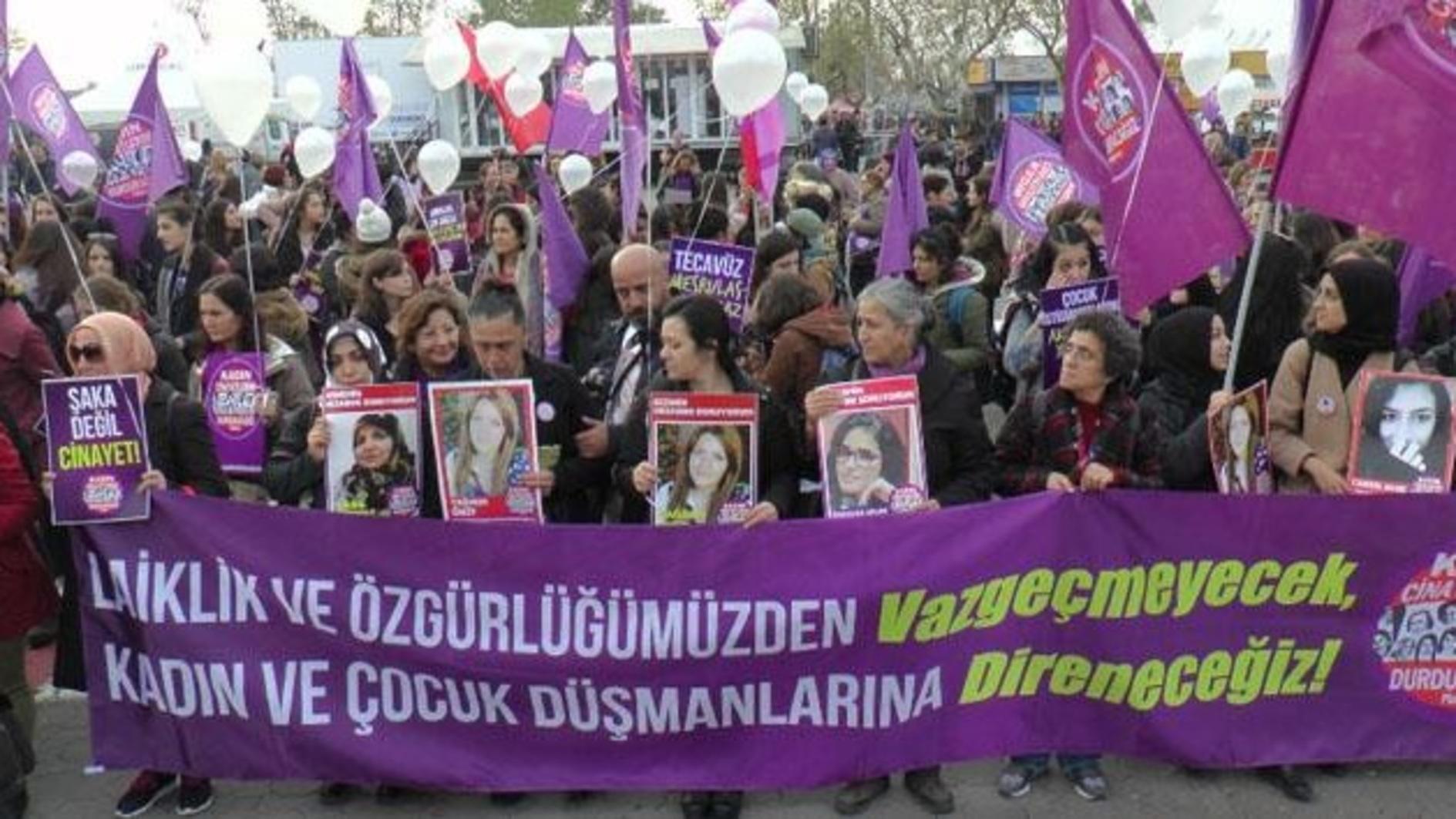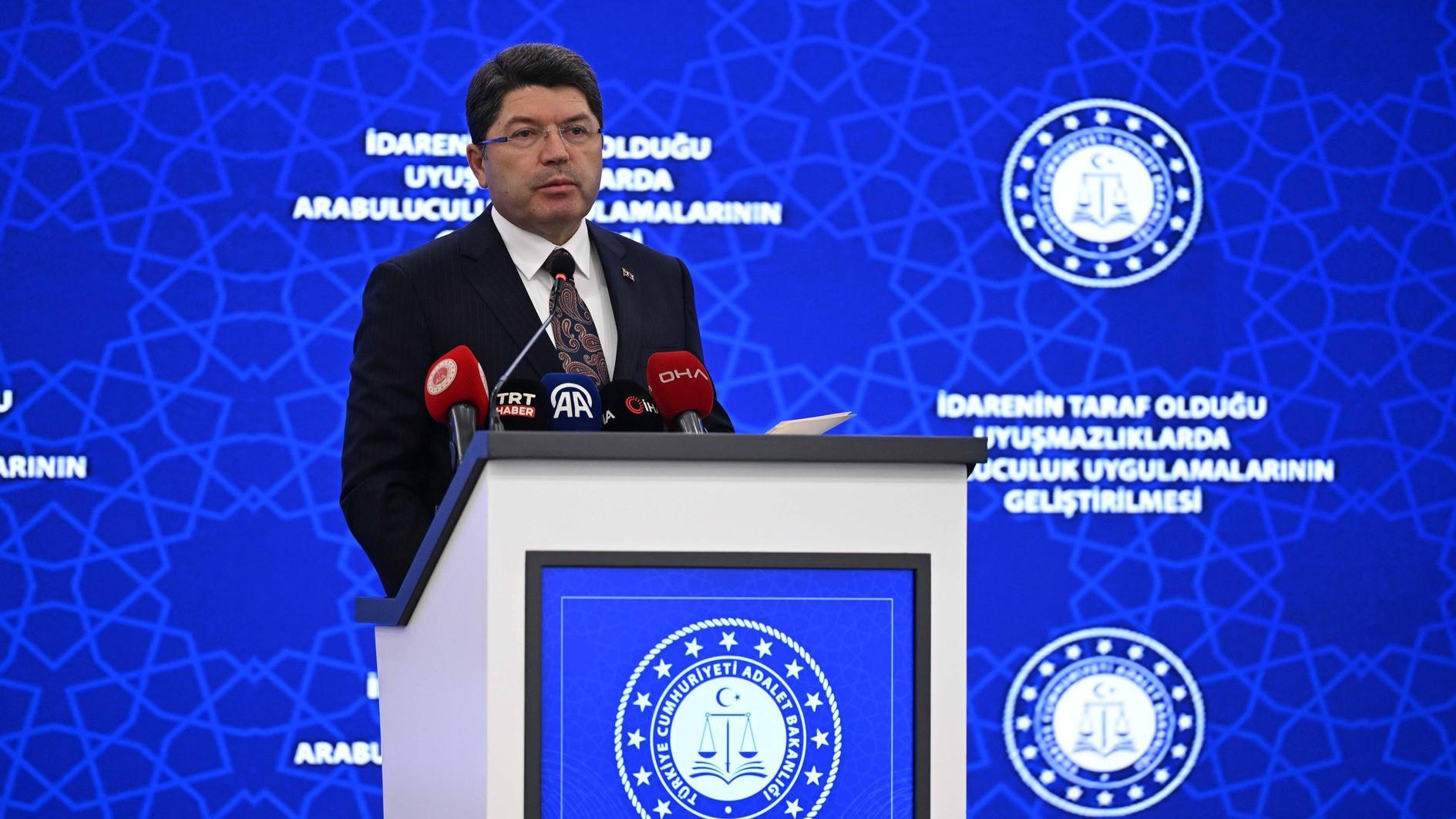Turkey amidst the Sunni-Shia rift
The region is going through its worst sectarian crisis in the last three decades. This conflict, which will certainly have a long life span, had cast its shadows long before.
The Sunni-Shia clash dates back to 1400 years ago, the death of the Prophet Muhammad in 632, when the fight broke out upon the question of who was to take over the leadership of Muslims. Since then the sectarian tension would calm down and inflame at times, having its worst period from 1980-90.
In the aftermath of the Iranian Revolution in 1979, Iran started to export Shia militantly. Saudi Arabia claimed that Tehran was provoking the Shia community in its eastern province, the main Shia area in the country.
Following the revolution, the Iraq-Iran war erupted and lasted for eight years when Saudi Arabia backed Iraq against Iran. The increasingly strained relations between Iran and Saudi Arabia got finally cut in 1988 following clashes between Iranian-led demonstrators and Saudi security forces during the Hajj (Pilgrimage) rituals in 1987. This situation lasted until 1991, the First Gulf War.
The ongoing crisis is the worst sectarian clash since then. And it has been a crisis in the making since 2003 when the U.S. intervened in Iraq. In the aftermath of the intervention, Baghdad came under the rule of a Shia government which excluded Sunnis in the country. The Shia axis in the region got immediately reinforced. From 2011 on, the Arab uprisings further deepened the Sunni-Shia clash, which reached a peak following the recent proxy wars of Iran and Saudi Arabia in Iraq, Syria and Yemen.
In short, the sectarian tension which had been gradually rising in the last 12 years has become much more visible and direct upon the current crisis.
Yet the current rift is much deeper than its predecessor. First of all, there exists a much bigger asymmetry between the two regional powers than previously. The U.S. and Iran have been rapidly closing up since they signed the nuclear deal last July. The sanctions against Iran will be lifted pretty soon, which will integrate Tehran into the world economy and the Western camp.
Moreover, Iran has become the U.S.’ indirect and tactical partner in Iraq against the Islamic State of Iraq and the Levant (ISIL). And this all substantially strengthens Tehran’s hands.
Another difference from the previous crisis was created by ISIL. Today, both Iran and Saudi Arabia are fighting against this terrorist organization. They have also been sitting around the same table for the last three months in order to discuss a political solution for Syria which makes them allies on this front.
The message which King Salman of Saudi Arabia is trying to convey is another crucial point. Along with four Shia clerics, 43 Sunnis accused of being militants in relation to al-Qaeda were also executed. Therefore the king is trying to say: “Hey, I don’t discriminate against Sunnis or Shias.” Even some Saudi observers argue that the execution of the Shia clerics was meant to serve as a cover for the execution of the Sunnis. Hence the nature of the crisis is not solely sectarian.
The last but not least difference is the situation that the region is in. We are going through a historic and critical crossroads when the Sykes-Picot order built after World War I is collapsing and Iraq and Syria are dissolving. Therefore the tension between two regional countries spreads ten times throughout the region.
This is exactly why Turkey needs to stay totally impartial in this conflict as it did in the Saudi-Iran crisis 25 years ago. Ankara had strictly pursued “active neutrality” during the whole Iraq-Iran war, which should rule once again.
Yet this would require Turkey to refrain from actively contributing to the “Islamic Military Alliance” which was founded by Saudi Arabia just before this crisis, excluding Shia countries in the region, and which Ankara agreed to join.
Keeping in mind that this fire will burn in the region for a long time, Turkey also needs to secure its position as much as possible. It needs to strengthen its relations with the West and the countries in the region who are not part of the Sunni-Shia dichotomy, namely Israel, Iraqi Kurdistan and Egypt.











